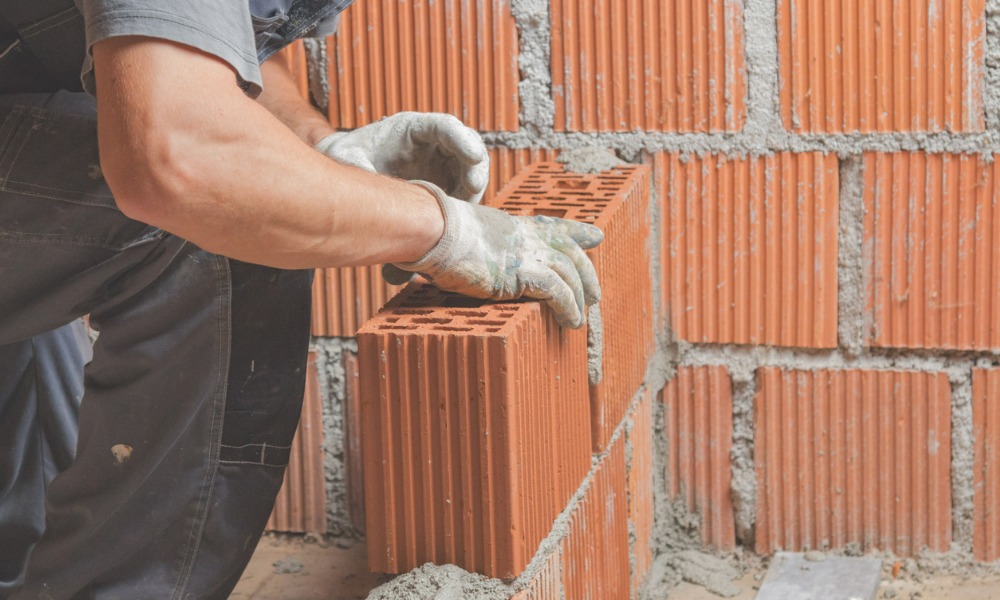RBC is advocating for more public and private sector collaboration

In a bid to tackle Canada's housing crisis, RBC, the Task Force on Housing and Climate, and BC Housing convened a roundtable on February 16 to explore the potential of prefabricated or manufactured construction as a solution to rapidly increase housing availability.
Key takeaways from the discussion emphasized the need for executive leadership in municipalities, innovative financing models, and the vital role of the private sector. Examples from St. Catharines, Ontario, and Charlottetown, Prince Edward Island, demonstrated the success of manufactured housing where local governments expedited approval processes.
The roundtable also discussed the necessity for alternative financing and equity models. This involves municipalities partnering with developers and financiers to make projects feasible and urging lenders to adjust their models to support manufactured construction's unique financial needs.
Given the current economic conditions, with rising interest rates severely impacting housing project economics, the private sector's role in delivering a significant portion of the CMHC’s target of 3.5 million new housing units by 2030 was highlighted as crucial. However, challenges such as the failure of several prefab manufacturers point to the need for more supportive incentives, such as subsidies and tax credits, especially for affordable housing.
Read next: Canada’s housing affordability crisis gathers pace
Public sector procurement was identified as a potential lifeline for manufacturers facing high capital costs, with guaranteed projects enabling them to thrive. Additionally, the possibility of seeking manufacturing capacity outside Canada, such as in China, was suggested to meet the ambitious housing targets.
The group also proposed a catalogue of pre-approved home designs to streamline the construction process, although this raises the issue of reconciling with Canada's complex regulatory environment.
Federal and provincial governments are increasingly recognizing manufactured housing as a viable solution to the housing shortage. Recent comments from Federal Minister Sean Fraser and initiatives like the CMHC’s Housing Accelerator Fund show a commitment to removing barriers to housing construction. BC's Ministry of Housing is also expected to introduce legislative changes to support new construction methods and materials.
The roundtable positioned British Columbia as a potential leader in manufactured housing, leveraging its sustainable forest management practices and the growing supply of low-carbon materials like mass timber. This approach not only addresses housing shortages but could also boost employment in the building sector.
Make sure to get all the latest news to your inbox on Canada’s mortgage and housing markets by signing up for our free daily newsletter here.



